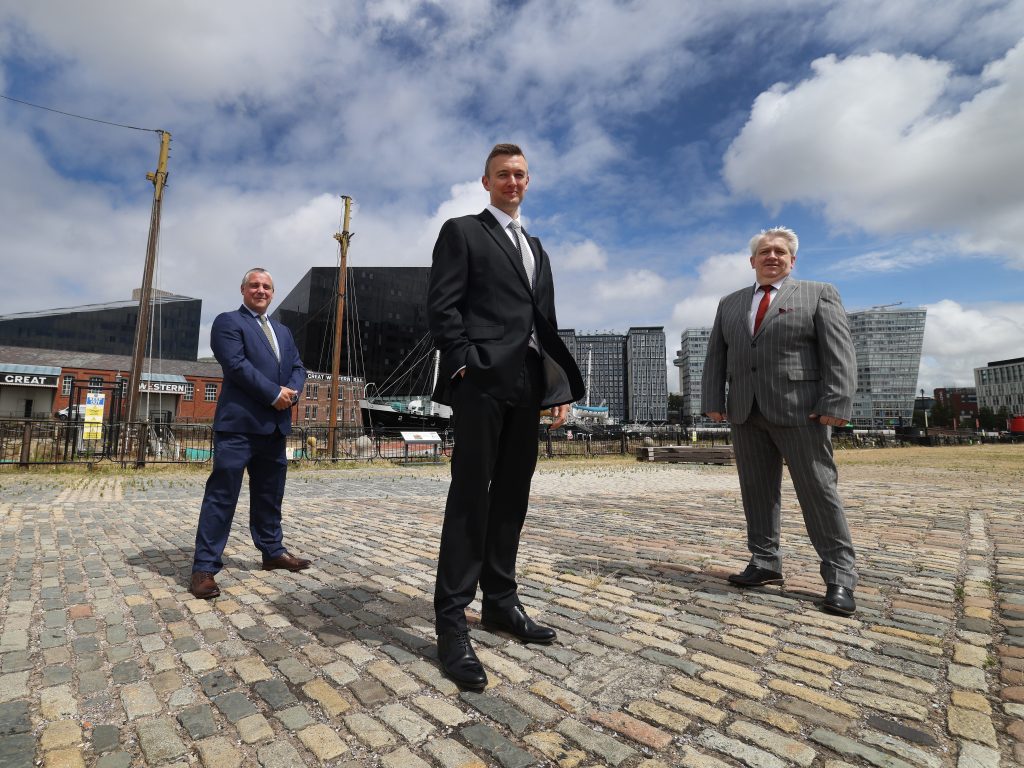- Expleo develops breakthrough closed-loop, e-methanol fuel cell solution for global shipping
- Potential to revolutionise maritime, enabling industry to make their own e-fuel, cut emissions and reduce costs
- In the vessel modelled, the solution delivers a 92% reduction in greenhouse gas emissions, OPEX savings of £1.4m a year and a projected four-year payback on retrofit CAPEX
- Expleo now working with partners to explore global applications of novel solution
The solution was defined during Expleo’s feasibility study into clean power propulsion systems, funded through the Department for Transport’s (DfT) Clean Marine Demonstration Competition (CMDC) and is detailed in the new white paper ‘Clean Green Marine – a breakthrough for global shipping.’
To meet the International Maritime Organisation’s (IMO) timeline for carbon emission reduction, many of the world’s 100,000 vessels will need to convert to low-carbon fuel by 2035 – making the development of a viable retrofit and new build system a high priority.
Expleo modelled its ‘system-of-systems’ solution on the multi-tasking Bibby Wavemaster 1, a vessel used to service offshore wind farms.
Jonathan Taylor, VP of Marine, Expleo said: “Our solution uses solid oxide fuel cell (SOFC), technology which, although highly efficient and well suited to use in marine environments, releases a high concentration of CO2.
“To achieve the desired reduction in GHGe, we partnered SOFC with a novel carbon capture and storage system, enabling a vessel to use its captured CO2 and green hydrogen to synthesise e-methanol.
“The green hydrogen in the solution can be produced at offshore wind farms, from surplus electrical energy or supplied in-port – ensuring the closed-loop remains as sustainable as possible.”

The financial, logistical and environmental benefits of this solution are game-changing, as Taylor explains: “This circular solution allows the marine industry to make its own fuel and removes the need for costly processing and transportation.”
“In addition, we’ve been able to demonstrate that this solution would achieve a 92% reduction in GHGe in the model vessel – delivering the much-needed breakthrough on emissions and supporting the creation of green shipping corridors, as outlined in the Clydebank Declaration.”
Jeff Hoyle, EVP Aero Space and Defence, Expleo said: “This could revolutionise a sizeable portion of the global fleet, helping them to retrofit in line with targets for Net Zero. And, as a replacement for diesel generators, it can easily be incorporated into new build designs offering up to 100% reduction in GHGe.”
Expleo’s innovation also delivers significant operational savings, with the study showing OPEX reductions of £1.4m a year, per ship and a projected payback period of around four years on a retrofit, for the vessel used in the model.
The solution, developed for sharing with the open market, supports the DfT’s goal to commercialise and accelerate the decarbonisation of the maritime sector. Expleo is now working with several partners to explore the scalability of this novel system.
Taylor concluded: “This has the potential to help the world’s shipowners achieve million-pound savings, heralds the introduction of circular fuel ecosystems and delivers a reduction of 92% in GHGe. It is a ‘system-of-systems’ and offers the world’s shipowners a truly scalable solution.”
Media contact
Gwen Allen
Head of Communications, UK
Gwen.allen@expleogroup.com
+44 (0)7779 318309
About Clean Maritime Demonstration Competition





